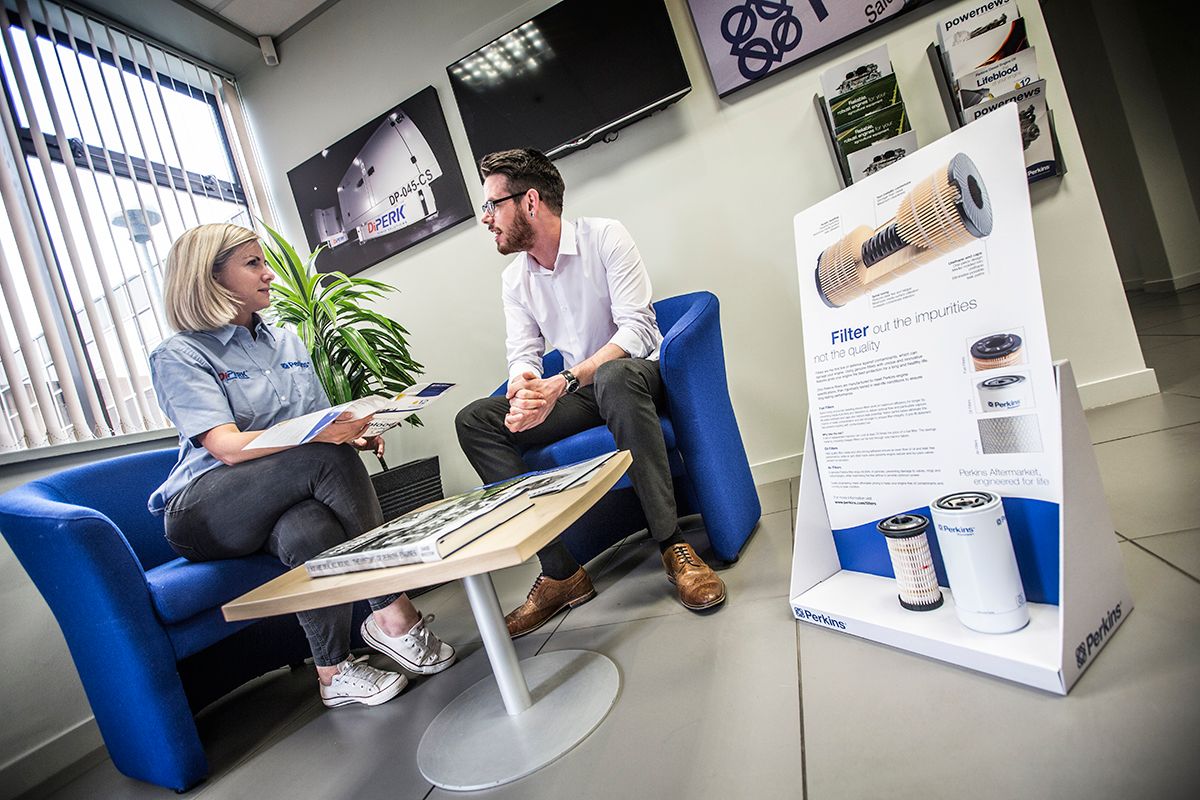As part of the overall process the company worked in collaboration with Perkins and Secodi, Perkins French distributor, to explore the challenges surrounding the installation of the required EU Stage IIIB engines – Perkins 4 cylinder 1204E-E44TA and 6 cylinder 1206E-E66TA models.
Despite the constraints of the narrow machine architecture, imposed by having to straddle the vines, there was sufficient clearance above the engine to have the compact aftertreatment mounted on top. Working with Computer Aided Design (CAD) and Computer Aided Engineering (CAE) tools, the optimum solution was found whereby the diesel oxidation catalyst (DOC) and diesel particulate filter (DPF) and for changeover the DOC and selective catalytic reduction (SCR), could be installed and integrated within the existing machine lines. Importantly Pellenc was able to maintain the compact size of the harvester through this work.
Further engine/machine integration was carried out to match the engine’s performance to the hydraulic requirements of the harvester. This has, said Pellenc, produced a fuel saving of up to 43 percent per hectare and means that an entire day’s work can be carried out on one tank of diesel.
There is, though, one statistic that is really important to the grower and that is the 99.82 percent clean harvest that the machine returns. This near perfect harvest quality means less work for the grower and greater vines.
This productivity is supported by Secodi, which offers seven-day service during the harvest period across a wide geographical area, ensuring that parts are readily available should the need arise.
For more information visit www.pellenc.com
If you're ready to receive trusted advice from a Perkins expert, speak to our team today.
Connect with usGet the information you need to succeed. Subscribe for the latest industry trends, Perkins news, and engine advancements.
Sign-up for the newsletterYour regional Perkins distributor can provide local, on-the-ground engine support.
Find your distributor




